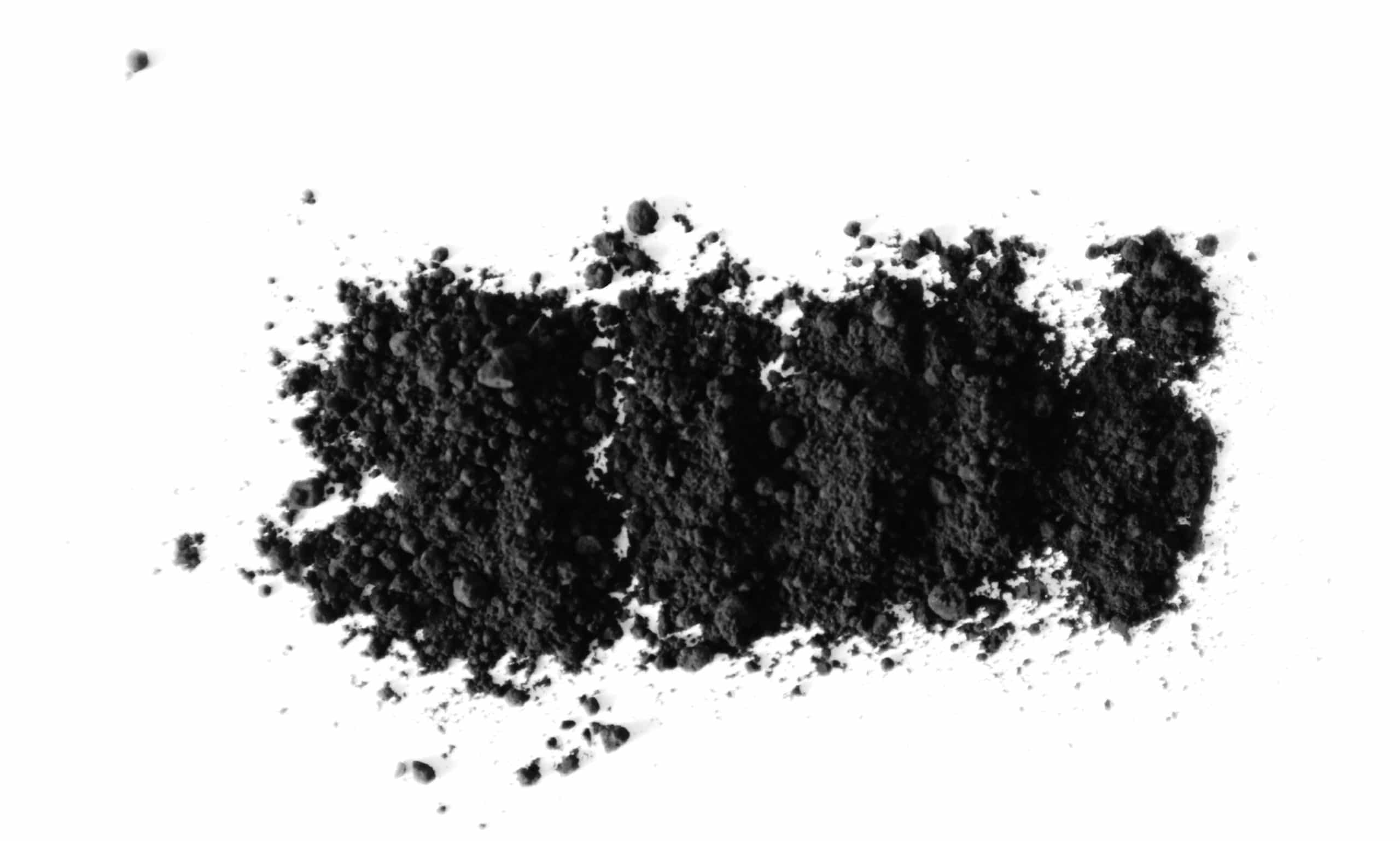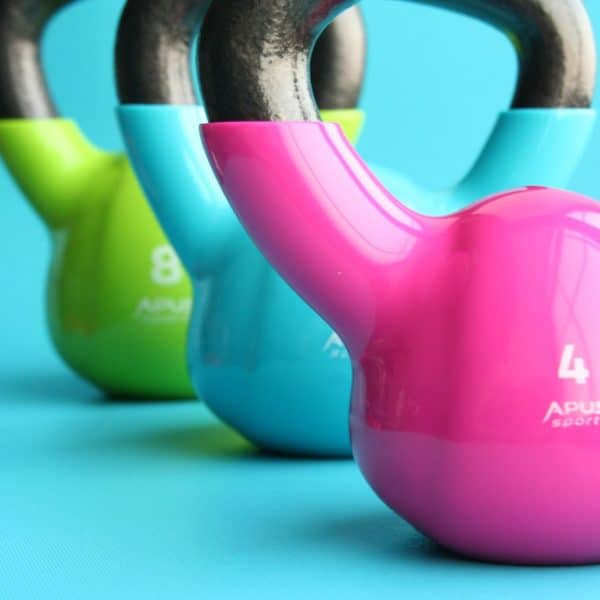Activated charcoal can be found everywhere right now, from juices to pancakes. You can find it in pills, powders, and added to foods. But what does activated charcoal really do? Which parts of your body is it most beneficial for? Are there any risks in taking it? Today, we’re breaking down the benefits of activated charcoal and the pitfalls. Because there’s a bit more to the story than just detoxing.
What is activated charcoal?
Activated charcoal is a powder made up of coal, bone char, peat, and other substances. It becomes ‘activated’ when heated at high temps. Heating changes the internal structure, reducing pore size and increasing surface area. As a result, activated charcoal is more porous than normal charcoal.
Sounds a little scary — but don’t worry, activated charcoal isn’t what you’d use to light up your barbecue! Not only have the charcoal briquettes used for barbecuing *not* been activated, but they also contain additional chemicals that humans shouldn’t ingest.
Here’s what it does in layman’s terms. Activated charcoal traps toxins in the gut, preventing absorption by the GI tract. Since it’s not absorbed by the body, activated charcoal can then carry toxins or other chemicals out through the feces.
Activated charcoal benefits & uses
So yes, it really does trap and carry the toxins out of your body. And because of that, there are many different uses for it, reasons to take it, and methods of taking it, too. Here are the main benefits:
- Activated charcoal’s primary use is in situations of emergency poisoning or drug overdose. In fact, it’s been used since the 1800s for this purpose, since it binds to a wide variety of drugs and toxins and reduces their effectiveness.
- It may also be helpful in times of food poisoning since the charcoal can bind to the offenders and carry them out of the body.
- While there are other touted benefits, most of them have not been well-researched.
- Activated charcoal may help improve kidney function since it helps eliminate waste, although this is really only applicable to those with kidney disease. Healthy kidneys can eliminate waste just fine on their own!
- There is some older research that shows that activated charcoal may help reduce cholesterol levels, but more research is needed.
- Activated charcoal is also used for gas, water filtration, teeth whitening, hangover prevention, deodorant, skin treatment, and more.
Most of these uses are fairly anecdotal without much research to support their use (the exception being gas reduction and water filtration) — so take them with a grain of salt.
What are the pitfalls?
While activated charcoal is safe in most cases, it’s not without risks or contraindications. It may cause side effects like nausea, vomiting, and constipation in some people.
The biggest issue we see with the activated charcoal trend is that most people aren’t aware of the fact that it binds to many different nutrients and medications in addition to toxins. This means that if you’re eating activated charcoal pancakes, or drinking an activated charcoal juice, there’s a chance that you’re limiting the absorption of some of the nutrients that go along with that meal or drink.
Given this and the limited research around activated charcoal, we think it best to be cautious when incorporating it into your daily regimen. Since activated charcoal can decrease the absorption of nutrients and medications, make sure you take it at least 30 mins before any other foods or supplements.
Have you tried activated charcoal before? What was your experience?
Want to skip the shopping, cooking, and cleaning and still achieve your health and wellness goals? We’ve got you covered with our dietitian-curated, chef-prepared meal plans.





Leave a Reply
No Comments